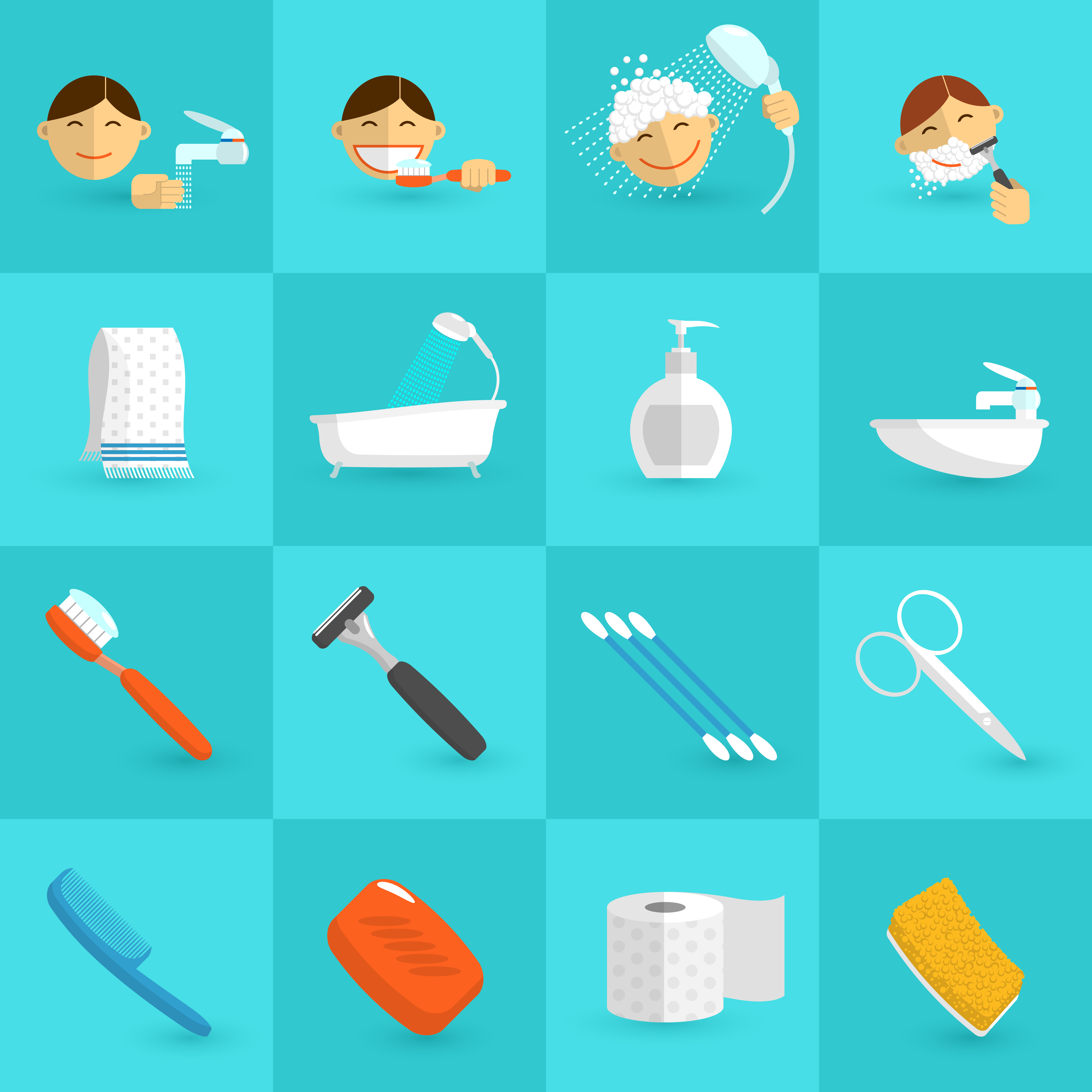Water is an essential component for healthy living. It has myriad health benefits and must be consumed in adequate quantities every day. The benefits of water are many.
Helps to maintain body fluids
The body comprises 60% water. The functions of the bodily fluids include digestion, circulation, absorption, transportation of essential nutrients, creation of saliva, and maintenance of body temperature.
Energizes muscles
When the cells do not have enough fluids, they do not function properly, and this can lead to muscle fatigue. It is essential to drink enough fluids when you are exercising to ensure that the body does not lose fluids.
Helps skin to look great
The skin contains a lot of water and acts as a protective barrier to arrest excessive fluid loss. Dehydration makes the skin appear dry and wrinkled. This can be set right through hydration.
Enables kidneys to perform better
The fluids present in the body help transport waste products in and out of the cells. When you drink enough water, urine flows freely, is light in colour and is odourless. If you chronically drink less water, you may be at a risk of developing kidney stones.
Maintains normal bowel function
When you drink enough water, it keeps things flowing in the gastrointestinal tract and keeps constipation at bay. When there’s not enough fluid in the body, the colon extracts water from the stools to maintain hydration. This leads to constipation.
Improves energy levels
The brain is strongly influenced by the status of hydration in the body. Several studies have shown that even mild dehydration can have a negative impact on several aspects of brain function. Fluid loss has been shown to affect concentration, mood, and increased the frequency of headaches.
Treats headaches
Dehydration has been found to trigger migraines and headaches in many individuals. Research has shown that water can offer relief to all those who are dehydrated.
Avoids kidney stones
Drinking water may help get rid of kidney stones. These urinary stones are small mineral crystals that form in the urinary system. Consuming more fluids dilutes the concentration of minerals and makes it easier for urine to pass through the kidneys.
Also Read:Tips to maintain glowing skin
Gets rid of hangovers
Alcohol is diuretic, which means it leads to dehydration. Dehydration can lead to symptoms such as fatigue, headaches, dry mouth, and thirst. A good way to reduce hangover is to drink water between drinks or to have a big glass of water before going to bed.
Weight loss
This is one of the key water health benefits. Drinking plenty of water has been seen as an effective weight control strategy for years. It keeps you full and reduces your calorie intake. You can also take food with higher water content to lose weight.
Water increases satiety and gives a boost to your metabolic rate. Studies have shown that drinking 2 litres of water every day can enhance the energy expenditure by around 100 calories per day. The best is to drink water at least 30 minutes before you take your meal. It will make you feel full so that you consume fewer calories. Water ensures that the body is well hydrated. This is important because each cell in the body requires water to be able to function well.
Prevents fatigue
If you feel tired quite often, chances are that it is due to inadequate consumption of water that makes the body function less efficient, fatigue is one of the first signs of less water in the body. With less water in the body, the blood volume drops. This leads the heart to work harder to pump blood into the bloodstream. Other major organs also do not work efficiently. Drinking good amount of water can help reduce fatigue and enable the body to function better.
The benefits of drinking water are plenty. While it is essential to drink adequate water all through the day, it is best to avoid drinking too much water as it may decrease your kidney’s ability to get rid of toxins. It is therefore recommended that you drink the amount of water that your body requires. This amount can vary from one person to another; it is generally advised to drink to one’s thirst and also include other foods and fluids that contain high water content in your daily diet.


